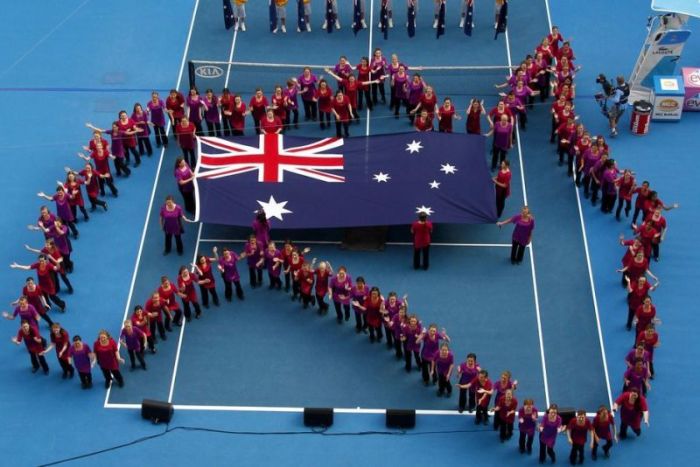Australia Census: Nearly One Third Identify as Having 'No Religion,' Christians Drop by 36 Percent

Australia's 2016 census has been released, revealing for the first time that the number of people who identify as having "no religion" is steadily increasing. The number of people who identify as being Christian, however, has declined by 36 percent over the last 50 years.
The results, which were made public on Tuesday, revealed major changes to Australian society, such as a rise in the number of people who say they have no religion, and for the first time the majority of residents born overseas came from Asia, and not Europe.
As BBC News noted, close to one third, or 29.6 percent of respondents to the national survey said that they had "no religion," while only 16 percent said the same in 2001.
Roman Catholicism remained the largest Church in the country, with a 22.6 percent share of the population.
Anglicans followed with 13.3 percent, while the rest were listed as: none stated (9.6 percent), the Uniting Church (3.7 percent), Muslim (2.6 percent), Buddhist (2.4 percent), Hindu (1.9 percent), Other (0.8 percent), Sikh (0.5 percent) and Jewish (0.4 percent).
The Guardian reported that the "no religion" category includes atheist, secularists, and those who are agnostic.
What is more, since 1966, the proportion of Australians who self-identified as Christians has fallen from 88.2 percent to 52.1 percent now.
A chart showed that since 1966, Christian groups have mostly been on the decline, while other religions, and those with no religion have steadily been on the rise.
Close to a quarter, or 26 percent of the population said they were born overseas, with England still being the most common country of birth other than Australia — but significant portions of residents were also born in China, India and the Philippines.
The census also showed that Australia's population as a whole has been growing, and counted up to 23,401,892 by the latest numbers, which is up 8.8 percent from the last results in 2011.
The rise of the nones, or the non-religious population, has been clearly marked in a number of other major western countries as well over the past several years.
Gallup poll data from 2016 found that although the United States remains a largely Christian nation, a historical high of 21 percent now say they have no religious identity.
Overall, 74 percent of Americans said that they identify with a Christian church or group, but that was significantly down from the late 1940s and 1950s, when over nine out of 10 Americans were either Protestant or Catholic.
A May 2016 analysis from the U.K. separately found that for the first time ever, people without a religion outnumber Christians, when it comes to the countries of England and Wales.
When looking at the latter nations specifically, as many as 48.5 percent of the population said they have no religion, while those belonging to Christian denominations made up only 43.8 percent of the share.




























